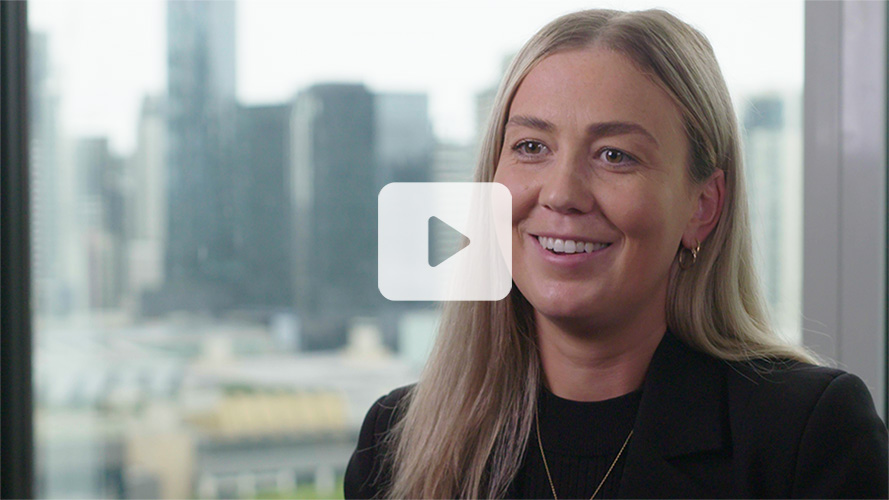Overview of contesting a Will
By McLane Edinger and Andrew Meiliunas
Contesting a Will is now commonplace. Family dynamics, relationship breakdown and wealth changing hands across the generations, are giving rise to disputes among beneficiaries, executors and other interested parties. We outline some key things to know about contesting a Will.
Can a Will be contested?
Yes. Under Australian succession law, you can contest a Will in generally two circumstances:
- the validity of the Will is brought into question; or
- an individual did not receive adequate provision from the deceased’s estate.
When is a Will invalid?
A person must have mental capacity when making a Will. This generally means that they understood the nature of the Will and its effect, at the time the Will was made. If a deceased did not have capacity when making their Will, it may be invalid.
A Will may also be invalid due to any of the following:
- the actual intentions of the deceased are not reflected in the Will;
- the deceased did not know and approve of its contents;
- a person had undue influence over the deceased when making their Will; or
- the deceased was misled or has been the subject of fraud.
What is adequate provision from an estate?
Determining whether ‘adequate provision’ has been made from an estate generally involves the Court assessing the deceased’s relationship with the individual claiming further provision, as well as the individual’s future needs when compared against the size of the estate.
Ultimately, the Court may consider a range of factors in the circumstances, whether occurring before or after the deceased’s death.
If you or someone you know is looking at contesting a Will, please contact the estate disputes specialist located in your State (or any one of them for Queensland and South Australia).
How to contest a Will?
If you are thinking of contesting a Will, it would be wise to contact the executor or administrator of the estate notifying them of your claim, before commencing any legal proceedings.
Achieving a commercial outcome rather than going to Court may avoid unnecessary legal fees and emotional stress.
If you are unable to achieve a commercial outcome with the executor or administrator of the estate, it may be appropriate to commence legal proceedings, which will depend on the type of Will challenge.
How do I contest the validity of a Will?
A Statement of Claim is a Court document that, once filed and served on the relevant parties, will typically start legal proceedings to contest a Will’s validity.
It is important that you have sufficient evidence in support of the validity (or invalidity) of the Will, which the Court will expect.
How do I contest what I received under a Will?
If you think you did not receive adequate provision from a deceased’s estate, you can apply to the Court which has the power to make an order for provision to you out of the estate.
You must be an ‘eligible person’ to make such an application to the Court. An eligible person of the deceased may include:
- a spouse or de facto;
- a child or step child;
- a former spouse;
- grandchildren;
- a parent; or
- other dependents and carers.
Differences exist between the various States on who may qualify as an eligible person, as well as the requirements for an application.
If you or someone you know is looking at contesting a Will, please contact the estate disputes specialist located in your State (or any one of them for Queensland and South Australia).
Is there a time limit to claim against an estate?
When contesting the validity of a Will?
Although there isn’t a strict time limit, it may be more difficult to contest the validity of a Will once probate has been granted by the Court. Seeking specialist advice is recommended as soon as becoming aware of a potential challenge to the validity of a Will.
When applying to the Court for further provision from the deceased’s estate?
Strict time limits of 6 or 12 months do apply depending on your State.
If you or someone you know is looking at contesting a Will, please contact the estate disputes specialist located in your State (or any one of them for Queensland and South Australia).
If you are going through a Will or Estate Dispute, get in touch with our Wills & Estate Disputes lawyers.
Contact
You might be also interested in...

Private Clients | 6 Dec 2022
Will disputes: notional estate orders in NSW
In the last instalment of our estate disputes series, we look at notional estate orders, which are unique to NSW.

Private Clients | 15 Nov 2022
Will disputes: it’s not fair and I want my share
In our new estate disputes series, we will discuss who can make a claim, timeframes, and some practical considerations that all impact on the success or failure of a claim.





